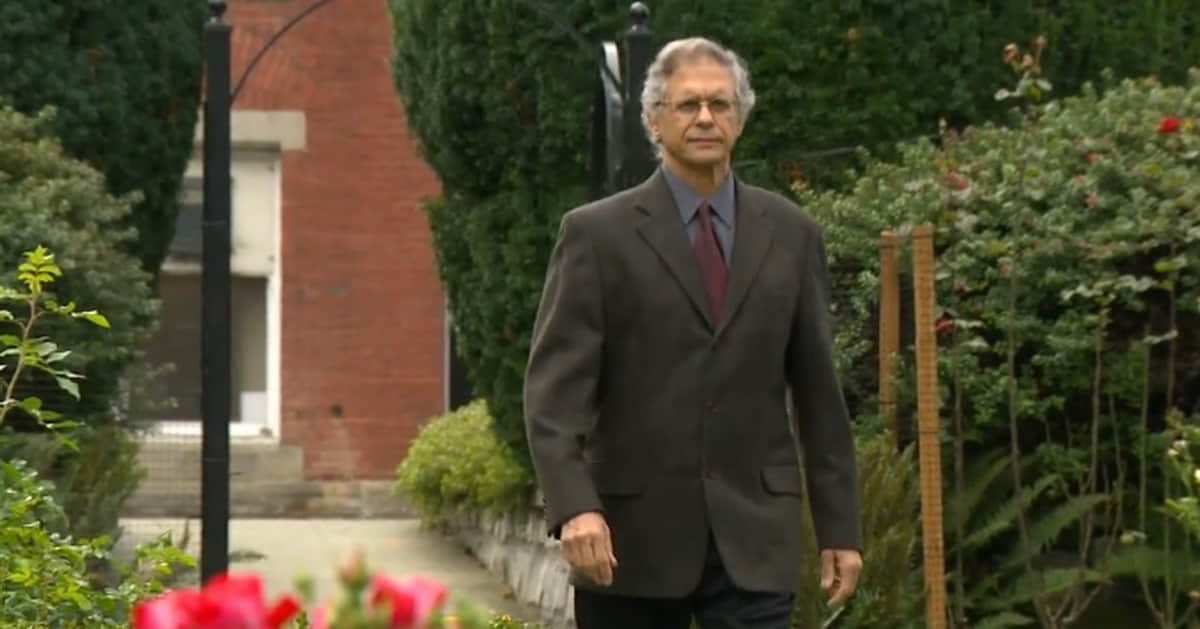How a Canadian journalist reporting on “fascists” in Ukraine was uncovered as a Soviet agent

In late October, Canada's Committee on Public Safety and National Security (SECU) held hearings on the impact of Russian disinformation on Canadian media. These hearings attracted significant attention as David Pugliese, a prominent Ottawa Citizen journalist, was accused of working for Soviet, and possibly also Russian, intelligence. Read more on this story and the architecture of Russian propaganda targeting Ukrainians in Canada in the article by Anastasiya Ringis (from Toronto) - Fighters against "fascists" and Ukraine: How Russia's influence network operates in Canada.
The recent parliamentary hearings were triggered in part by widespread protest against the screening of a supposed documentary, Russian at War, at the Toronto International Film Festival (TIFF).
Directed by Anastasia Trofimova, a former RT (Russia Today) employee, the film promotes Russian narratives, including the idea that Russians are fighting alongside Ukrainians and that "Russian soldiers are also victims of this war." Until 2020, RT was freely available on Canadian cable networks. The Canadian government only banned it after Russia's full-scale invasion of Ukraine, labeling it a channel "seeks to undermine the sovereignty of another country, demean Canadians of a particular ethnic background and undermine democratic institutions within Canada."
Advertisement: The widespread protest by the Ukrainian-Canadian community forced Canadian authorities to address the disinformation that continues to infiltrate public spaces. The parliamentary hearings yielded sensational findings.
According to documents obtained by former minister and opposition Conservative politician Chris Alexander, Canadian journalist David Pugliese first came under KGB scrutiny as someone who might later work in major Canadian and US media. An agent named Ivan met David in 1982 at a public lecture on the Soviet invasion of Afghanistan and was instructed to cultivate a relationship with him, as David held pro-Soviet views. A report from 20 June 1990 noted that contact was successfully established between agent Ivan and "Stewart" (Pugliese's alias).
Alexander suggests that after the USSR dissolved, Russian intelligence may have continued to work with "agent Stewart." Why Pugliese? For over 30 years, he's specialised in military and security issues, reporting on Canada's military operations, procurement and misconduct within the armed forces.
He is also known for articles on "fascists" within Ukrainian and Baltic diasporas. Pugliese is not alone in his quest to expose "Ukrainian fascists." University of Ottawa professor Ivan Katchanovski, for instance, has been promoting narratives about "Ukrainian Nazis" and the "state coup" in Ukraine since 2014. They share similar narratives and mutually support one another.
Jewish-Ukrainian Canadian historian Alik Gomelsky believes that the KGB built a network of public propagandists in Canada, a country with one of the largest Ukrainian diasporas. Almost every major Canadian university has professors who still promote pro-Russian narratives. This ecosystem of Russian disinformation not only targets Ukraine but also undermines Western values, NATO, the US and democracy itself.
If you notice an error, select the required text and press Ctrl + Enter to report it to the editors.